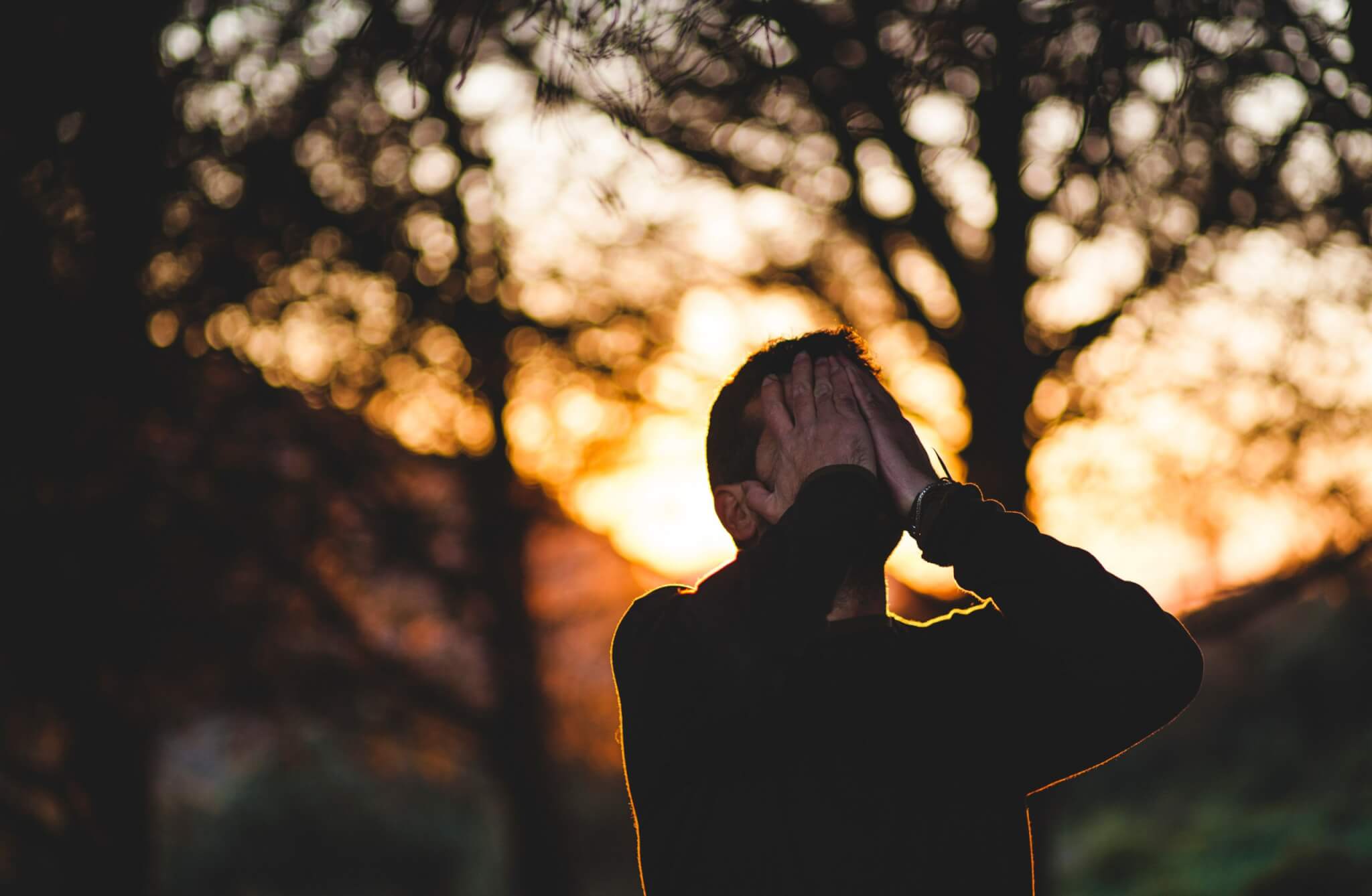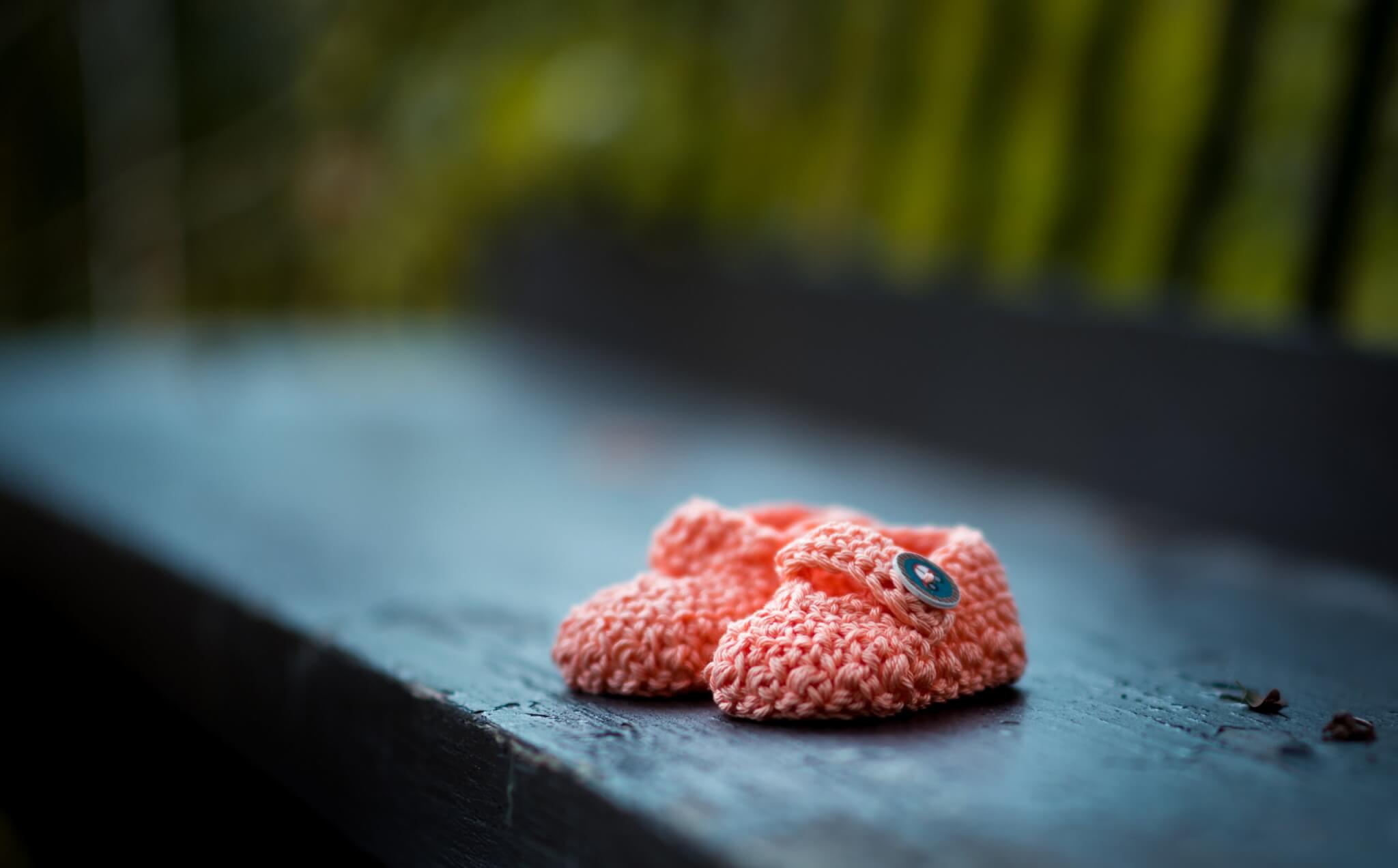
Brazil is a stressed country. According to data from Isma-BR (International Association for Stress Management Brazil), 70% of the population had already presented or had symptoms of stress in 2017, which gave, and still gives, Brazil the second place among countries with more stressed people in the world. With the pandemic, this situation got even worse. Among the treatment alternatives for this ‘outbreak’ are cannabinoids. Come understand more about Cannabis and stress.
To understand how cannabis can collaborate with the reduction of stress, it is first necessary to understand what it is about, since the term has been “banalized” given the responsibilities and demands of modern life.
According to the Albert Einstein Hospital website, “stress is a physiological mechanism without which neither humans nor animals would have survived.” Therefore, it is not a question of evaluating external stimuli to gauge whether the day was stressful, but rather how the body responds to these stimuli over time.
This scenario of living in constant struggle, like our ancestors, generates physical symptoms that, in the medium and long term, can make you ill. It is like an alert that the body is constantly giving to warn that something is not going well.
Among the signs of stress are:
– Depression
– Anxiety
– Failure in attention, memory and concentration
– Disinterest
– Increased blood pressure
– Dermatitis
– Tingling at the ends
– Muscle tension
– Sleep disorders
– Constant tiredness
In view of this vast list of alerts that the body issues in the face of exposure to situations that arouse reactions that can even become chronic, Cannabis emerges as an alternative in the treatment of stress symptoms and, consequently, of progressive illness.
Cannabis vs Depression and Anxiety
CBD and THC have been studied to treat depression and anxiety. Studies show that cannabinoids have antidepressant and anxiolytic effects.
Researchers from the Faculty of Medicine of Ribeirão Preto (FMRP), University of São Paulo (USP), analyzed studies and reviews on the therapeutic use of cannabinoids in psychiatric medicine.
The result was that cannabidiol had therapeutic potential as an antipsychotic, anxiolytic, and antidepressant. THC has shown anxiolytic effects and treatment potential for diseases such as schizophrenia.
cannabis x memory
Memory loss is also associated with stress and cannabis can help. Contrary to what the taboos that involve the plant when it comes to memory, a study shows that THC, in low doses, improves the memory deficit during the aging of the brain.
Cannabis vs Hypertension
A study by Ben-Gurion University of the Negev and Soroka Medical Center, published in the European Journal of Internal Medice, showed evidence that cannabis is beneficial for people over 60 with hypertension.
Cannabis vs skin diseases
Eczema and psoriasis are just two skin conditions that are connected to the patient’s emotional state. Long periods of exposure to stressful situations can trigger these and other types of skin changes, such as allergies, dermatoses, dermatitis, and so on. And cannabis can bring relief from that sign of stress.
A 2017 review by University of Colorado researchers found that the cannabinoids CBD, CBG and CBN can help reduce inflammation, pain and itching in patients with eczema, psoriasis and other skin conditions.
Cannabis x Muscle Doors
In stressful situations, muscles tend to tighten. Over time, this stiffness can worsen, becoming more and more continuous and uncomfortable.
CBD (cannabidiol) promotes several benefits that can contribute to the reversal of this situation. The substance has properties that help relieve pain and relax muscles.
Athletes even use cannabis to relieve muscle pain caused by efforts made during physical practice and also to treat injuries, often replacing opioids.
Cannabis vs Sleep Disorders
Who hasn’t heard someone’s complaints about how stress is getting in the way of their restful nights? That’s because, really, one of the signs of stress is sleep disorders that, over time, can evolve into more serious disorders, but that cannabis can treat.
A study carried out by Brazilian researchers with rats, with the aim of evaluating the effects of CBD on sleep, found that cannabidiol increased total sleep time and sleep latency in the period of daylight and REM sleep in one of the groups surveyed.
THC, in this case, also acts as a sedative, but in a different way than CBD. THC can help you fall asleep faster, but continued use in high doses can negatively impact sleep quality. Therefore, those who suffer from sleep disorders tend to choose CBD-rich oils to treat the problem.
Cannabis and the Immune System
It is possible to notice that the immune system can be extremely affected in a scenario of constant alert promoted by stressful situations. An unbalanced immune system becomes a gateway to various diseases and aggravation of pathologies already present in the body.
The cannabinoids present in Cannabis act as immunomodulators, regulating or normalizing the body’s functioning in the face of threats.
The Endocannabinoid System, discovered in the 1980s, is responsible for maintaining the body’s balance. It is present in the body through receptors that absorb cannabinoids and promote a kind of psychoactivity in the body, regulating functions such as stress, mood, pain sensation, among others.
The stimulation of this system can be a way to fight diseases and viruses, which gives the Endocannabinoid System the title of responsible for keeping the immune system balanced and strong.








